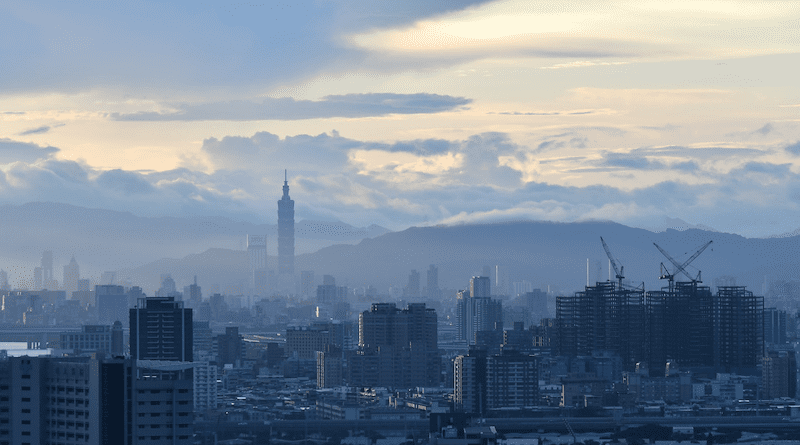How Taiwan Helps Indonesia? – OpEd
Taiwan is a tiny “country” located in East Asia. The connotation of “country” has been debatable for Taiwan due to the “One-China Policy” that UN’s countries had recognized since 1971. However, in this modern era, there are only 14 countries who recognize Taiwan as a full sovereignty country. In addition, Taiwan has a huge tension with its ancient neighbor, China. One of the driving factors is that the Taiwanese government does not obey the “One Country, Two System” – Chinese rule. In a recent report, the Taiwanese Ministry of Defence confirmed that there are 18 Chinese aircrafts traversing Taiwan’s AIDZ.
Apart from that, Taiwan has its way to build its relations with other countries. Taiwan’s President, Tsai Ing-Wen introduced the New Southbound Policy (NSP). NSP is Taiwan’s foreign alternative policy that the government focuses its ties with south-south cooperation, including Indonesia. Indonesia is one of the UN’s countries who does not recognise Taiwan. But, both countries have significant cooperation through TETO. The relations between Jakarta and Taipei have increased since 2016.
Increasing economic relationship
According to Trading Economics, although the total value of Indonesia exports decreased during 2018-2019, the number of trade can reach the highest value in 2021, 6.96 billion USD. Since 2016, Taiwan has run investment projects in Indonesia. Last year, the investments reached 458 projects. Following those projects, the total value of trade between Jakarta-Taipei has increased from US$7.07 billion to US$11.31 billion.
Since 2012, Taiwan has contributed in developing Morotai, Maluku. Morotai is an island located in eastern Indonesia. That area was predicted to have a potential of resources. Taiwan’s Deputy Minister of Foreign Affairs, Tung Kuo-yu said that the project can improve industries, for instance, agricultural and fishery. The Indonesian envoy also said that it can be a “treasure” for more business and employment opportunities. Therefore, Morotai is a special economic zone and requires an international harbor and airport.
According to the Focus Taiwan in September 2022, Taiwan companies expressed an interest to have an investment in Indonesia’s project of capital city in Kalimantan 2024. Budi Santoso, head of the Indonesian Economic and Trade Office in Taipei (IETO) confirmed that, “Taiwan has a strong high-tech industry and we have materials, so we can work together in Indonesia and also build the capital city Nusantara.”
The close relationship between Indonesia and Taiwan also is revealed by the Indonesian people who have worked in Taiwan around 350.000. In the latest Ministry of Labor statistics over 239,000 are migrant workers in manufacturing industries and the social welfare sector.
In the same way, although Indonesia does not recognise Taiwan as a country, both countries have a relationship through people to people or cultural aspect.
People-to-people relations
There are few Taiwan Education Centers (TEC) in Indonesia. Those institutions were funded by the Taiwan government.
In Java, TEC collaborated with Universitas Airlangga, Universitas Muhammadiyah Yogyakarta, Universitas Surabaya, Universitas Presiden, Universitas Teknologi Bandung, and Jakarta TEC. TEC in those places provides all of the information about study in Taiwan for Indonesian students who have interest to continue their education. In addition, TEC also provides information about internship programs. It happened when TEC through the Taiwan Experience Education Program (TEEP) in Universitas Respati Yogyakarta offered students and lectures to get experiences in Taiwan.
On the other hand, numerous scholarship programs have been offered by the Taiwan government. Some reports revealed that the number of Indonesian students who study in Taiwan increased. In fact, Indonesia is one of the most contributors of international students to Taiwanese universities with approximately 15.000 students.
Therefore, Indonesia can collaborate with Taiwan more, economically and culturally. It can increase their intensive communication with each other.

